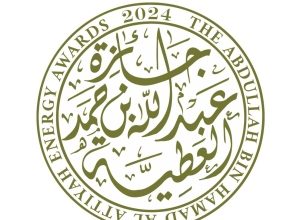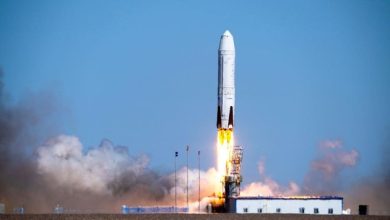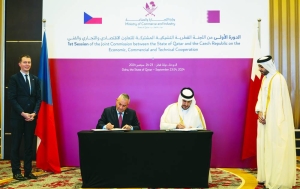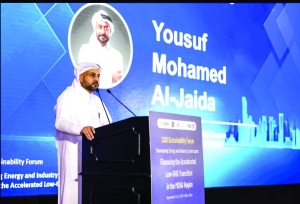Kazakh Anti-Corruption Service Intensifies Global Asset Recovery Efforts
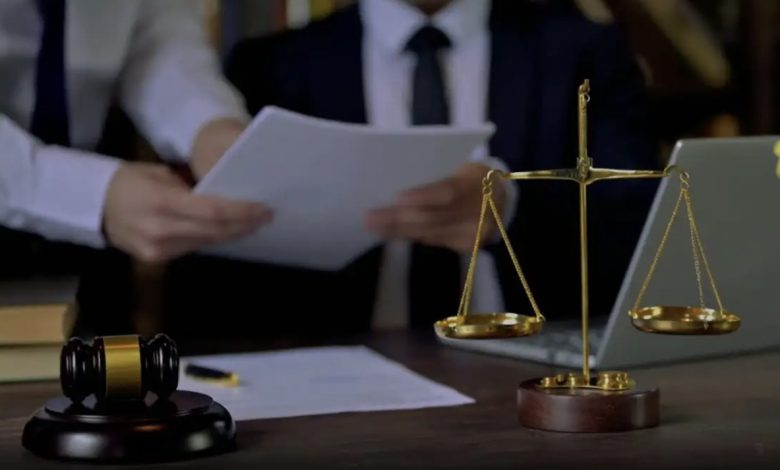
ASTANA— Kazakhstan has been strengthening its international cooperation to enhance data exchange, track suspicious international financial transactions and recover assets including securities, real estate, jewelry and ancient artworks, as well as directing the funds to socio-economic projects, since the reinforcement of the law on returning illegally withdrawn assets to the state in 2023.
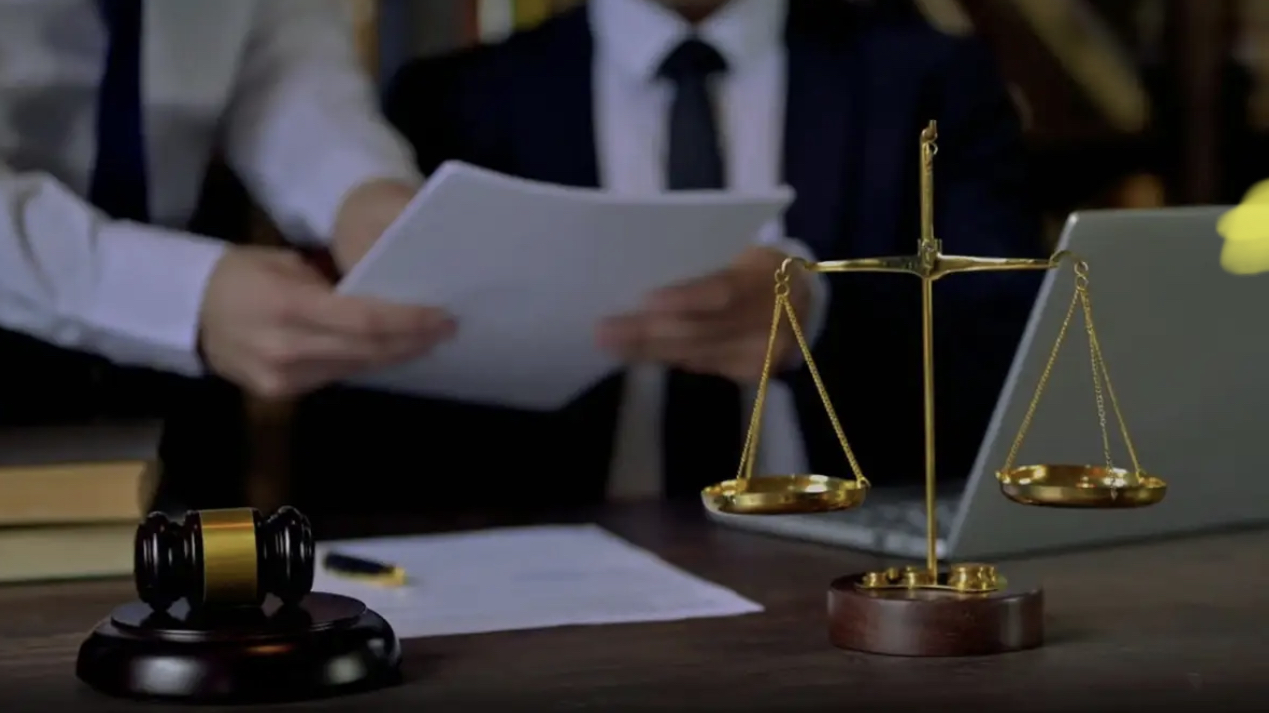
Photo credit: Kazinform
Since the beginning of this year, Kazakhstan has returned approximately 195 billion tenge (US$410 million) and 1.07 trillion tenge (US$2.2 billion) of illegally withdrawn assets over the past 2.5 years, including those from oligopolies, according to chairman of the Anti-Corruption Service Askhat Zhumagali.
He noted the importance of compensating for damage caused by corruption and returning illicitly obtained assets.
The Anti-Corruption Service cooperates with international law enforcement networks such as the UN’s GlobE, the Egmont Group, and CARIN and ARIN. The Asset Recovery Committee of the Prosecutor General’s Office approved claims for the return of illegally obtained assets worth over 325 billion tenge (US$727 million), including 272 billion tenge (US$608 million) in funds on June 5, to be allocated to social and economic projects.
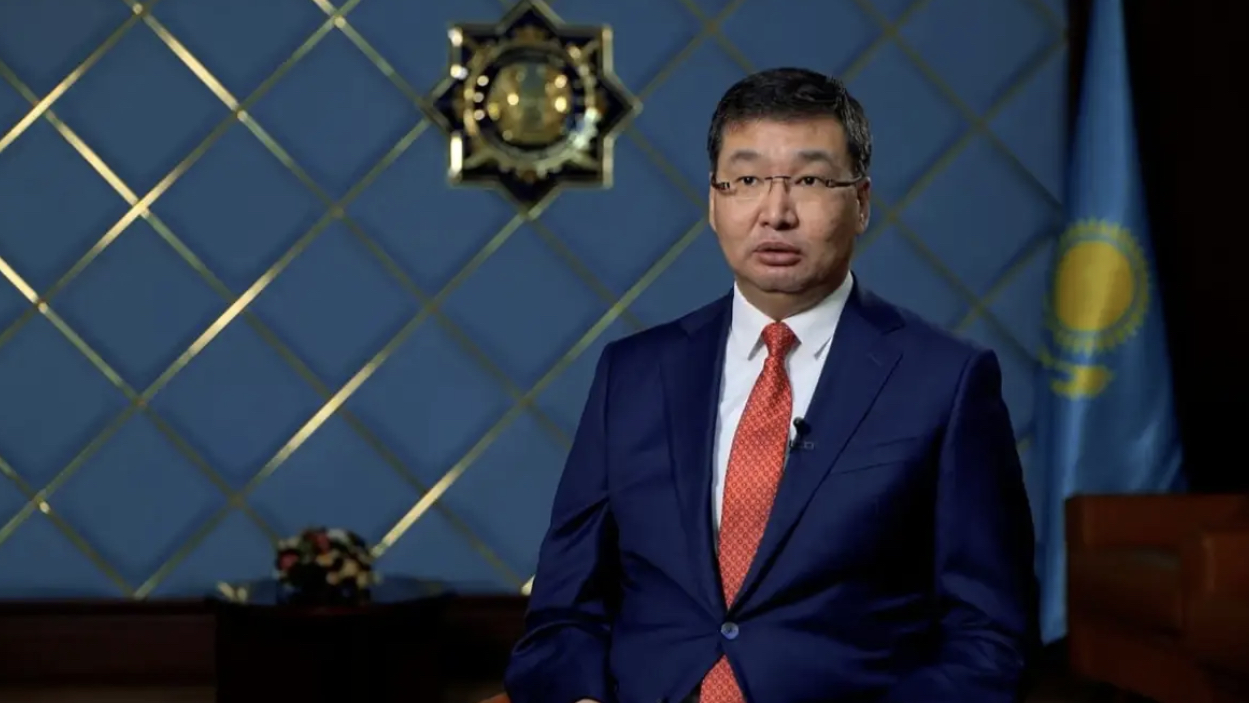
Screenshot from the Subject to Refund film. Chairman of the Asset Recovery Committee of the Prosecutor General’s Office Nurdaulet Suindikov. Photo credit: Kazinform
“The projects involve building educational and cultural centers for several billion tenge. It will benefit society and will serve the population’s interests. The center will feature educational classes, performances and master classes. Most importantly, social groups will be able to visit it for free once it opens,” said Nurdaulet Suindikov, the chairman of the Asset Recovery Committee of the Prosecutor General’s Office.
According to Kazakh Vice Minister of Finance Yerzhan Birzhanov, the amount of discrepancies in customs declarations is nearly one billion tenge (US$2.11 million).
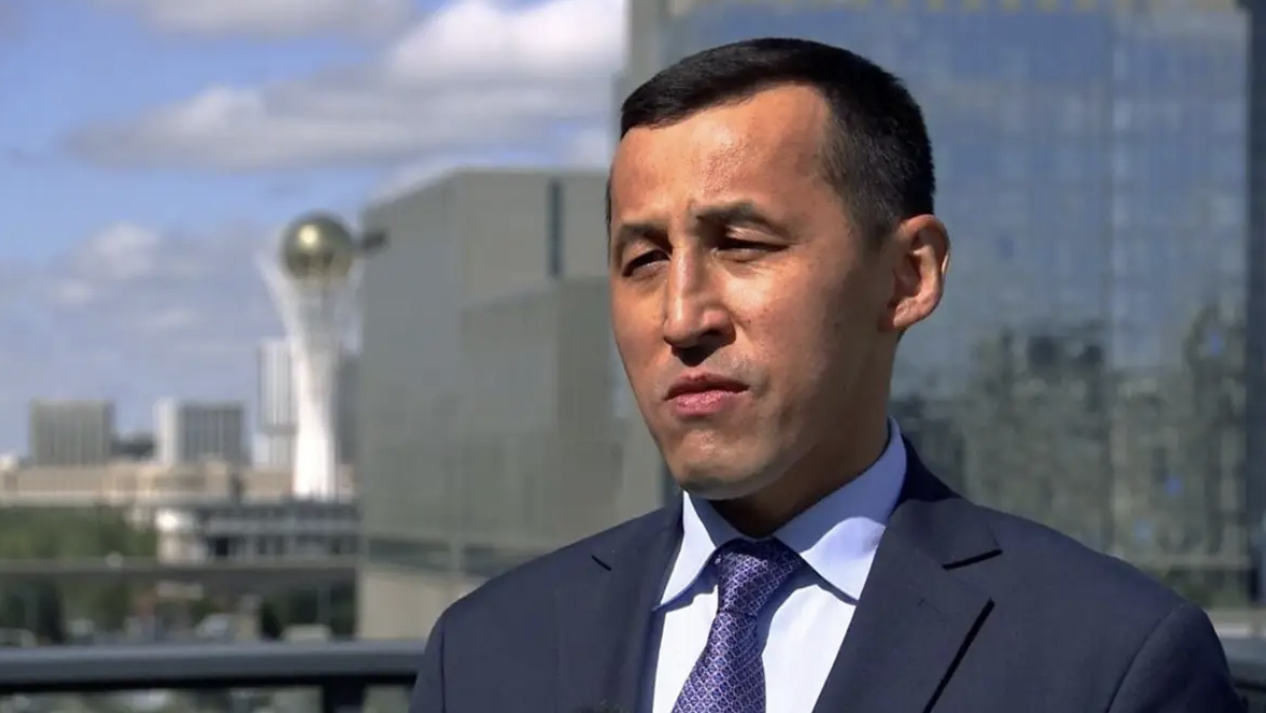
Screenshot from the Subject to Refund film. Kazakh Vice Minister of Finance Yerzhan Birzhanov. Photo credit: Kazinform
“Funds sent to third countries are not always matched by goods received. This year, we have reported 225 discrepancies. We compare customs declarations and transactions to control financial activities. Sometimes, goods are undervalued, leading to inadequate revenue. This can be a method for large companies, especially those exploiting natural resources, to gain illegal income,” said Birzhanov in a Kazakh documentary film dubbed Subject to Refund.
He added that being part of the Strasbourg Convention, Kazakhstan can exchange foreign residents’ financial data with other countries.
“We have information on nearly 600 Kazakh citizens, including their transaction and foreign account balances. This includes data from offshore jurisdictions among 80 participating countries,” said Birzhanov, noting that the number of counties in the convention is growing. It reflects a global trend towards transparency, revealing real incomes, and preventing fraud and capital withdrawal.
The documentary also features that the Prosecutor General’s Office has requested property confiscation from the U.S.A., the U.K., Monaco, Spain, Italy, the United Arab Emirates and other countries.
“Confiscations have included luxury real estate, expensive cars, hotels, business centers, high-value jewelry and branded items, some valued up to one billion tenge (US$2.11 million),” said Suindikov.
He also noted the return of deposits, monopolistic enterprises, and over 10,000 hectares of land, along with historical and cultural heritage objects.
“According to trial case experts, these items were likely produced before our era, making them unique historical and cultural pieces. Once returned, they are likely to be transferred to our museums,” he said.
The Asset Recovery Committee has filed numerous lawsuits, including cases regarding assets of unexplained origin. One court decision has already mandated the compulsory return of over $11 million and jewelry and branded items worth nearly $1 million.
Suindikov also mentioned Interpol’s Silver Bulletin initiative, which tracks and manages global assets rather than focusing solely on individuals. Kazakhstan’s Asset Recovery Committee has joined this project’s working group, with a representative currently studying asset recovery practices in Switzerland and Belgium.
“This collaboration has led to the recovery of approximately $700 million in assets and funds from abroad,” said Suindikov.
Aibek Dadebai, the head of the Presidential Administration, noted that this unprecedented practice is supported by reputable international organizations and partner countries.
“The return of illegal assets will continue, with ongoing improvements to mechanisms for recovering people’s capital,” said Dadebai.


